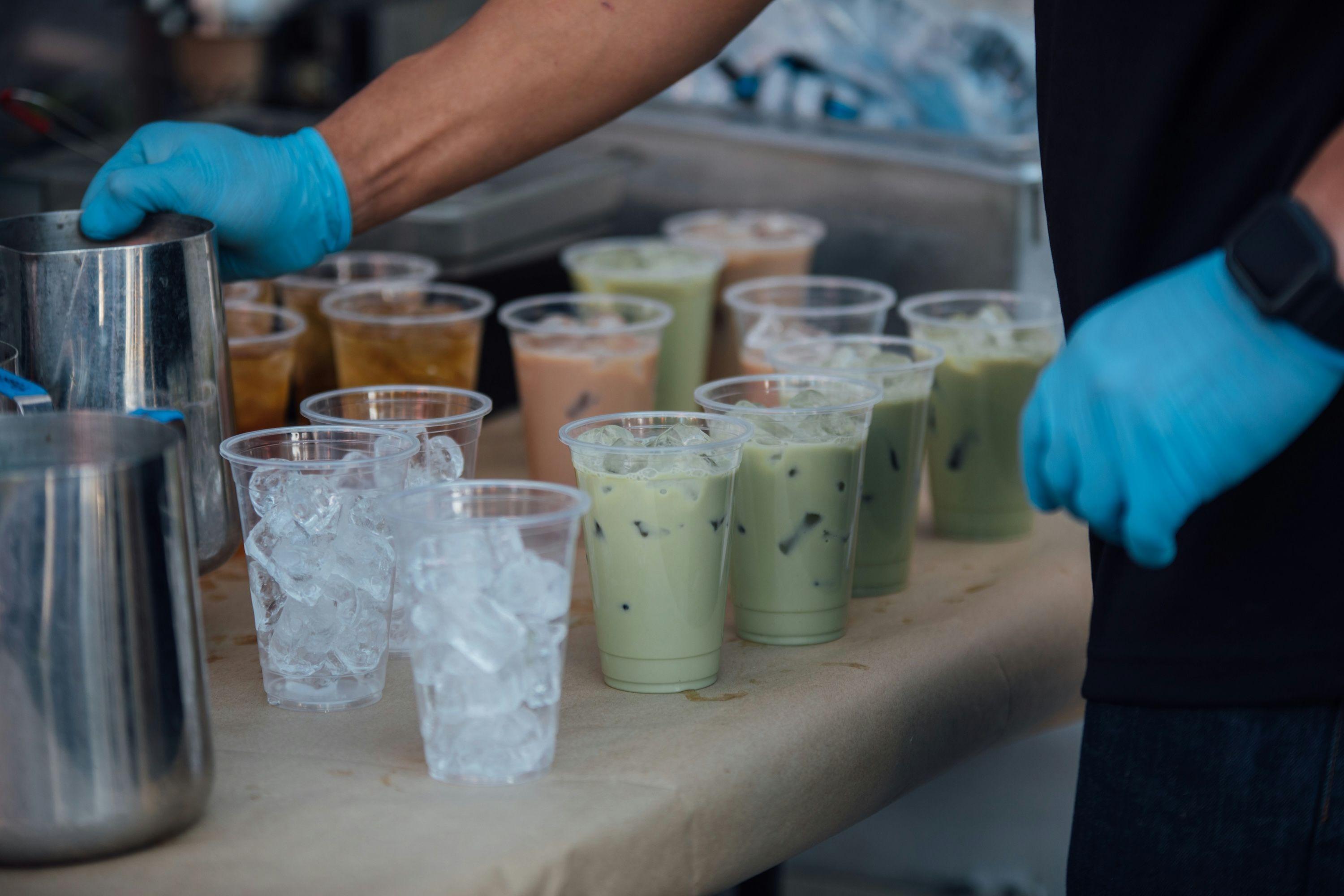
Does Boba & Bubble Tea have caffeine? Here’s What you need to know
If you’ve ever sipped a cup of boba and felt a little extra pep in your step, you might be wondering—does boba tea actually have caffeine? The short answer is: yes, most of the time. But the amount of caffeine in your bubble tea can vary quite a bit depending on what kind of tea you choose.
In this guide, we’ll break down how much caffeine is typically in boba tea, which types are more or less caffeinated, and what options are available if you're looking to avoid caffeine altogether.
Where the caffeine comes from
Caffeine in bubble tea comes from the base tea used in the drink—not from the tapioca pearls (boba) themselves. Most bubble teas are made with one of the following tea bases:
| Tea type | Common caffeine range (8 oz) | Notes |
|---|---|---|
| Black tea | 40–60 mg | Strong and bold, used in classic milk tea |
| Green tea | 20–45 mg | Lighter flavor, slightly less caffeine |
| Oolong tea | 30–50 mg | Floral and complex, moderate caffeine |
| Jasmine tea | 20–30 mg | Often paired with fruit flavors |
| Thai tea | 50–70 mg | Usually contains strong black tea and sugar |
| Matcha | 60–80 mg | Powdered green tea, higher caffeine content |
| Herbal teas | 0 mg | Rooibos, hibiscus, or chamomile have no caffeine |
If your boba drink uses coffee or espresso (some shops offer this!), the caffeine will be even higher—sometimes over 100 mg per cup.
Caffeine-free boba options
Good news: if you're sensitive to caffeine or want to avoid it altogether, you still have plenty of delicious choices.
Here are a few popular caffeine-free boba drinks:
- Taro milk tea (if made without tea)
- Honeydew milk tea
- Strawberry or mango fruit teas (using juice or flavoring)
- Coconut or almond milk tea
- Herbal tea-based boba, like rooibos or chamomile
Just be sure to ask your local shop if the drink contains any tea concentrate, since some fruit-based drinks still use green or black tea as a base.
Tips for managing caffeine in bubble tea
- Ask for decaf: Some shops offer decaffeinated versions of popular teas.
- Go herbal: Choose boba drinks made with herbal infusions.
- Request less tea: Ask if your drink can be diluted or use less brewed tea.
- Try slushies or smoothies: Many are made without any tea or caffeine.
Final sip
Most boba tea does contain caffeine, especially if it’s made with black, green, or oolong tea. But that doesn’t mean you have to miss out if you're avoiding it—there are plenty of caffeine-free bubble tea options that are just as tasty.